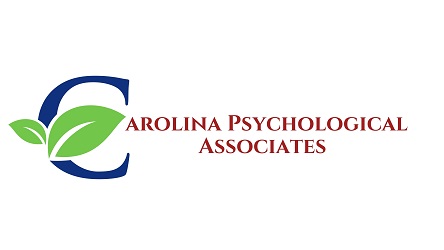Benefits of Therapy: Even If You’re Not in Crisis
When you think of someone who goes to therapy, who do you visualize?
Maybe it’s someone who just went through a divorce, someone who is deep in their grief journey, or a parent struggling with their child’s severe behavior.
What if I told you that a number of people are in therapy because they want a trained, unbiased person to help them navigate “everyday life struggles.”
It is not news to you that hard things happen to people often, and you certainly don’t have to be in crisis to deserve support.
Why “waiting for a crisis” isn’t necessary.
Believe it or not, therapy works best as a proactive measure. Yearly physicals are standard for your physical health because they are an opportunity to meet with your doctor and address any concerns before they become an emergency. You can similarly think of mental health. Beginning therapy and building rapport with a therapist before you’re in crisis ensures you get the best support when challenges arise. Additionally, many therapists have long waitlists for new client appointments, meaning that getting scheduled could take weeks or even months. Starting therapy early ensures you have the support you need when it matters most.
Subtle signs you might benefit from therapy.
While most people can benefit from therapy, many don’t know when to reach out for support. Signs can be very subtle, making them hard to identify or recognize. Here are a few specific signs to keep an eye out for.
- Feeling “stuck” or uninspired in life
- Noticing emotions are feeling “bigger” and “harder” to handle
- Difficulty relaxing and unwinding
- Identifying a pattern of behavior that you want to change, but don’t feel like you can
- In a life transition (moving, changing jobs, ending or beginning a relationship, parenthood)
- Difficulty setting boundaries leading to burnout or fatigue
- Desiring to better understand yourself
- Insomnia or a decrease in sleep quality
- Difficulty with stress management
While this is not an exhaustive list, it gives you a good idea of some small things you might notice in your life that can be addressed in therapy. Don’t continue trying to “just figure it out” alone.
What therapy can help you build.
You might be wondering what you could possibly gain from therapy if you’re not dealing with a traumatic event or navigating a crisis. The truth is, there’s so much you can build and learn even in the absence of major difficulties! Therapy is a powerful tool for developing greater self-awareness, and that self-awareness can positively impact every area of your life: your work, your relationships, and even your spiritual growth.
Therapy also offers a safe space to explore and understand your emotions, leading to stronger emotional literacy and regulation. You’ll build coping skills that help you better manage the everyday stresses of life, as well as the unexpected challenges that arise. And because therapy provides a supportive, judgment-free environment, it also becomes the perfect place to dive into your goals and dreams, helping you create clear, actionable steps toward the life you want to build.
